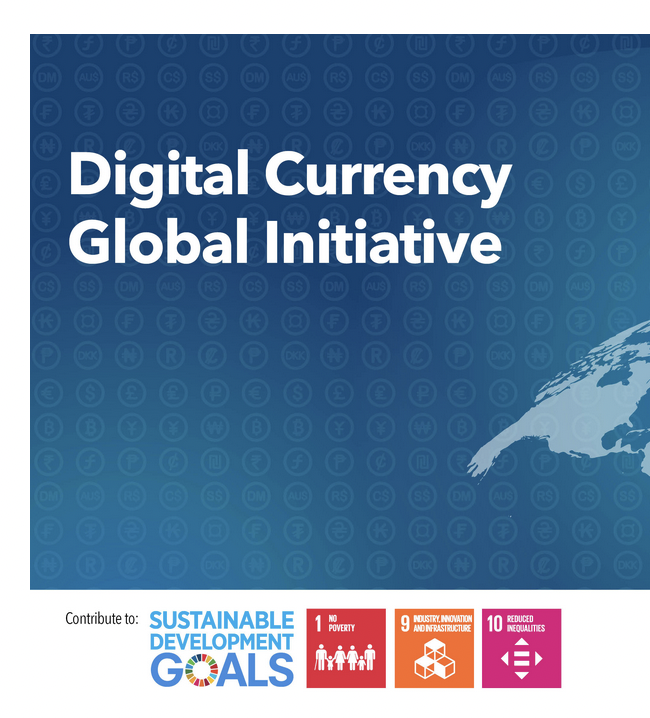
The Digital Currency Global Initiative is a collaboration between ITU and Stanford University and its main objectives are:
- Conduct further research on technical architecture, security, the technical implications and challenges in deployment caused by regulatory and policy requirements for Central Bank Digital Currency and other Digital Currencies, technology trends in digital currency and the use cases related to financial inclusion, operational efficiency and interoperability;
- Construct a set of metrics by which to evaluate the robustness of various digital currency technologies against the requirements set by various stakeholders.
- Identify areas for standardization to enable implementation of digital currency;
- Organize a conference on an annual basis to share information on best practices, technical standards and lessons learned on digital currency implementation.
To achieve the above objectives, the activities of the Digital Currency Global Initiative are focused around three main pillars to drive the synergistic engagement, innovative use, and standardization of Digital Currencies. Three working groups are set up under the Standardization pillar:
- Architecture, Interoperability Requirements and Use Cases (AIRU)
- Policy and Governance (PG)
- Security and Assurance (SA)
Goals: The Digital Currency Global Initiative goals are to drive the synergistic engagement, innovative use, and standardization of Digital Currencies, which are the three pillars of the Initiative.
Pillars :
Engagement: The Initiative will drive synergistic engagement between Digital Currency ecosystem stakeholders by: • Organizing workshops and an annual event to convene industry leaders for discussion, consensus building and dissemination the findings of the working groups. • Sharing knowledge and lessons learned on best practices, technical requirements and implementations. • Fostering dialogue with Central Banks and regulators on the effective deployment of digital currency systemsInnovative Use: Drive industry efficiency through the establishment of evaluation methods and metrics to ensure high confidence and repeatable validation
The pillars and working groups terms of reference are described in details in the concept note.
The Digital Currency Global Initiative is designed to provide an open and neutral platform for dialogue, knowledge sharing and research on the applications of Central Bank Digital Currency (CBDC) and other digital currency implementations. It will pursue the dialogue and research initiated by ITU-T Focus Group on Digital Currency including Digital Fiat Currency (FG DFC) on pilot implementations, use cases and developing specifications for technical standards.
The Initiative is expected to adopt a multi-stakeholder approach and will include participation from Central Banks, payment service providers, digital currency platform providers, fintech companies, policymakers, standards setting bodies, academic, IT security experts and international organizations.
